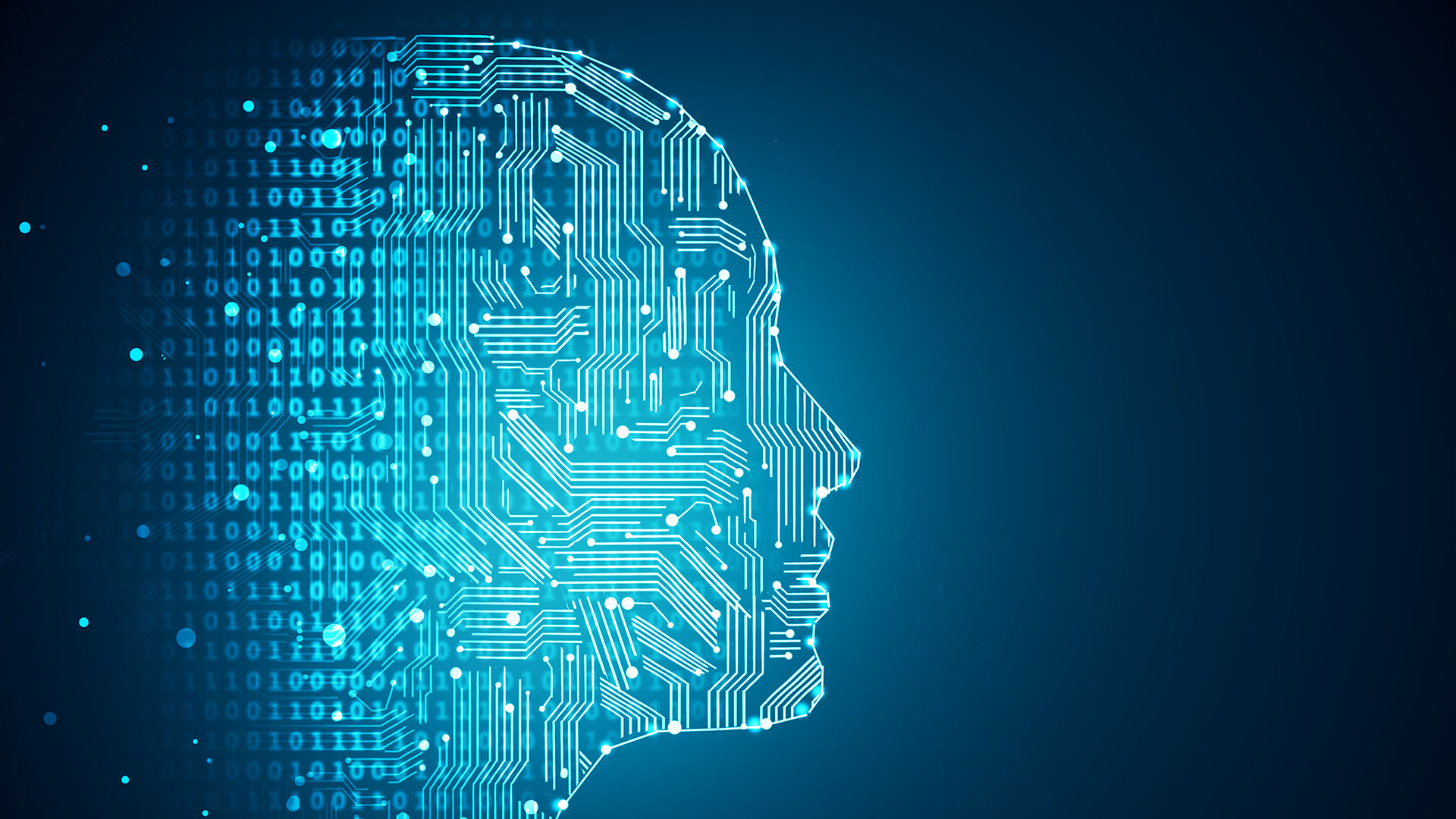
Publication
Supreme Court of Canada rejects narrow interpretation of disclosure standard for “material changes”
The Supreme Court of Canada has released its long-awaited decision on Lundin Mining Corp. v Markowich, dismissing the issuer’s appeal


Global | Publication | July 2024
The Federal Court of Justice (Bundesgerichtshof - BGH) in Germany recently issued a landmark ruling on the role of artificial intelligence (AI) in patent law.
The decision, on 11 June 2024, in the DABUS case (AZ X ZB 5/22), reinforces the principle that only natural persons can be named as inventors under patent law. This ruling has significant implications for the future of AI-generated inventions and patent applications globally.
The BGH’s ruling brings much-needed clarity to the handling of AI-generated inventions within the framework of existing patent laws. This decision underscores that patent laws are not yet equipped to accommodate AI as an inventor. Therefore, applicants must ensure that a natural person is designated as the inventor to secure patent protection for AI-generated inventions.
This ruling aligns with the broader legal consensus that, while AI can contribute to the creation of patentable inventions, it cannot be attributed inventorship. This stance has parallels in copyright law, where works created solely by AI are typically not granted protection due to the absence of human creativity.
The BGH’s decision marks a significant point in the ongoing debate about AI’s role in innovation and intellectual property. It highlights the necessity for human involvement in the patenting process and sets a clear precedent for how AI-generated inventions should be handled. Moving forward, innovators using AI will need to adapt to these legal frameworks, ensuring that human contributors are appropriately recognised in patent applications.
As AI continues to evolve and play a more prominent role in various fields, it remains to be seen how patent laws will adapt. For now, the message is clear: AI may assist in the inventive process, but it cannot replace the human inventor in the eyes of the law.
|
Want more information? For information in relation to:
|

Publication
The Supreme Court of Canada has released its long-awaited decision on Lundin Mining Corp. v Markowich, dismissing the issuer’s appeal
Subscribe and stay up to date with the latest legal news, information and events . . .
© Norton Rose Fulbright LLP 2025